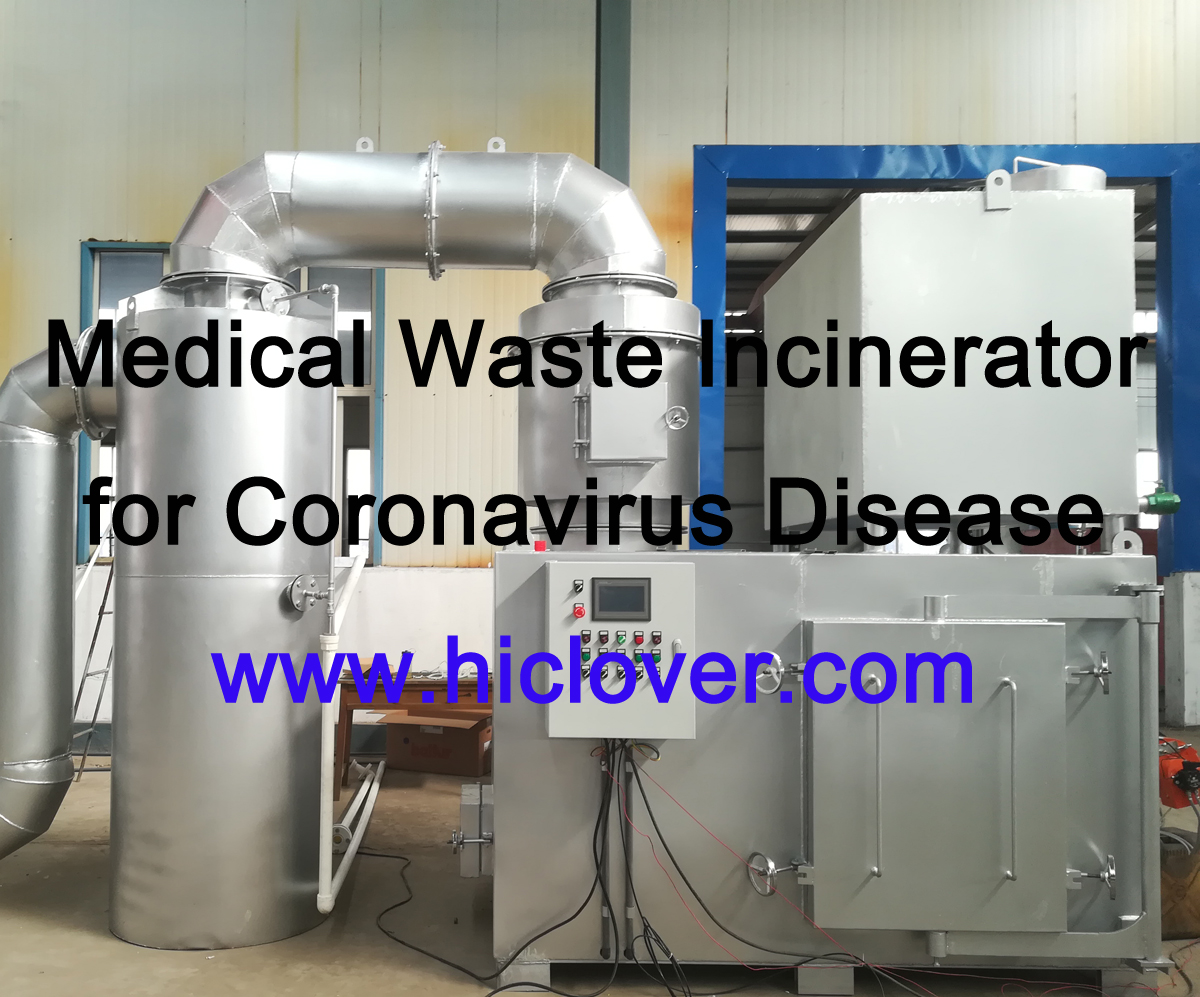Maximizing resources is a crucial aspect of sustainable development in today’s world. One effective way to achieve this is through waste-to-energy incineration plants. These facilities offer a host of advantages that can help communities and industries reduce waste, minimize environmental impact, and create renewable energy.
Waste-to-energy incineration plants provide a sustainable method of waste disposal by converting solid waste into usable energy. This process not only reduces the volume of waste in landfills but also generates electricity and heat, improving overall energy efficiency and reducing the dependency on fossil fuels.
One of the primary advantages of waste-to-energy incineration plants is the reduction of landfill usage. With the increasing amount of waste generated by growing populations and industries, landfills are quickly filling up. Incineration plants can help alleviate this issue by reducing the volume of waste that needs to be landfilled, ultimately extending the lifespan of existing sites.
Furthermore, waste-to-energy incineration plants offer an environmentally friendly solution to waste management. By diverting significant amounts of waste from landfills, these facilities aid in reducing greenhouse gas emissions, leachate production, and the risk of groundwater contamination. Incineration also produces less air pollutants than landfills due to modern air pollution control technologies, making it a more sustainable option for waste disposal.
In addition to environmental benefits, waste-to-energy incineration plants also play a crucial role in renewable energy production. By utilizing the heat from the incineration process, these facilities can generate electricity and heat, which can be used to power homes, businesses, and industries. This renewable energy source not only reduces the reliance on non-renewable fossil fuels but also contributes to a more sustainable and efficient energy system.
Moreover, waste-to-energy incineration plants can serve as a cost-effective and reliable solution for waste management. By generating electricity and heat from waste, these facilities provide an additional revenue stream, offsetting operational costs and making waste management more financially sustainable in the long run. Additionally, incineration plants can create local job opportunities, further contributing to the economic development of the area.
In conclusion, waste-to-energy incineration plants offer a multitude of advantages for waste management, environmental sustainability, and renewable energy production. By maximizing resources through the conversion of waste into usable energy, these facilities provide a holistic and efficient solution for the growing challenges of waste disposal and energy production. Moving forward, waste-to-energy incineration plants will continue to play a vital role in sustainable development and resource management.



